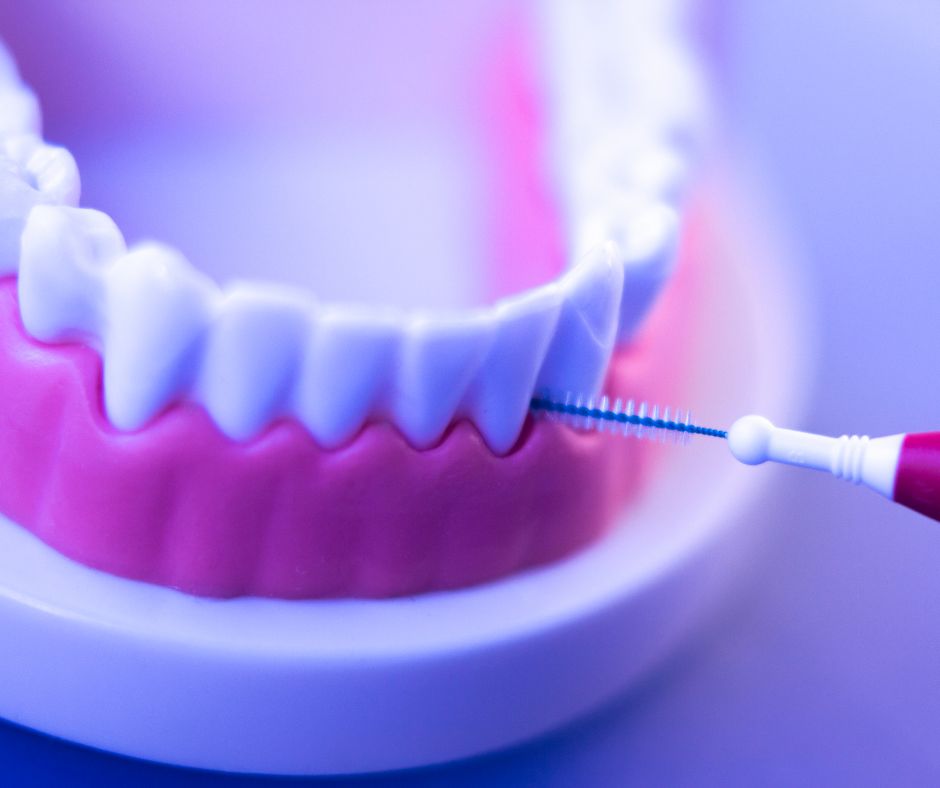Do I Really Need That Expensive Deep Cleaning at the Dentist?

Do I really need that deep cleaning?
After years of going to the same dentist, where I was told that I was practicing good dental care, I met with a new dental care worker for a cleaning. I was shown X-rays that he said showed multiple examples of bone loss due to periodontitis. He said I needed a “deep cleaning,” which would cost me some $500 with insurance picking up the rest. Do I really need to do this expensive, painful and time-consuming procedure? — Sharon, Green Valley, Arizona
First, an admission of guilt: I still haven’t been to the dentist since the start of the pandemic. I have terrible teeth and despite my religious brushing and flossing, somehow the dentist always brings bad news and a gigantic bill. In fact, one of the last times I did see a dentist, he gave me a very similar assessment, insisting I needed an expensive deep cleaning not covered by my insurance instead of a normal one. Convinced it was all a racket, I left in a huff and found a new dentist instead.
But, says Natalia Elson, a dentist and assistant professor at New York University’s College of Dentistry, deep cleanings aren’t performed often enough.
“It is actually under-diagnosed and provided less than it should be because insurances do not cover it or partially cover,” she says.
Periodontal disease, also known as gum disease, is common. In its earlier stages, gums can become swollen, red and even bleed, such as when you’re brushing your teeth. But in its more serious form, the gums can pull away from the tooth, bone can be lost and teeth may even fall out. A US Centers for Disease Control and Prevention report found that nearly half of adults over age 30 have some form of periodontal disease. That number climbs to 70% for people over 65.
The condition is caused by bacteria in the mouth. Periodontal pockets are the spaces that surround the teeth under the gum line. Those pockets can become filled with harmful bacteria that infect, inflame and eat away at tissues surrounding your tooth. As plaque continues to erode gum tissue and eventually bone, the pockets around teeth deepen.
“A patient might follow all of a dentist’s recommendations and maintain great oral hygiene and still have signs of bone loss,” Elson says. “To eliminate bacterial levels and prevent bone loss, deep cleaning should be performed.”